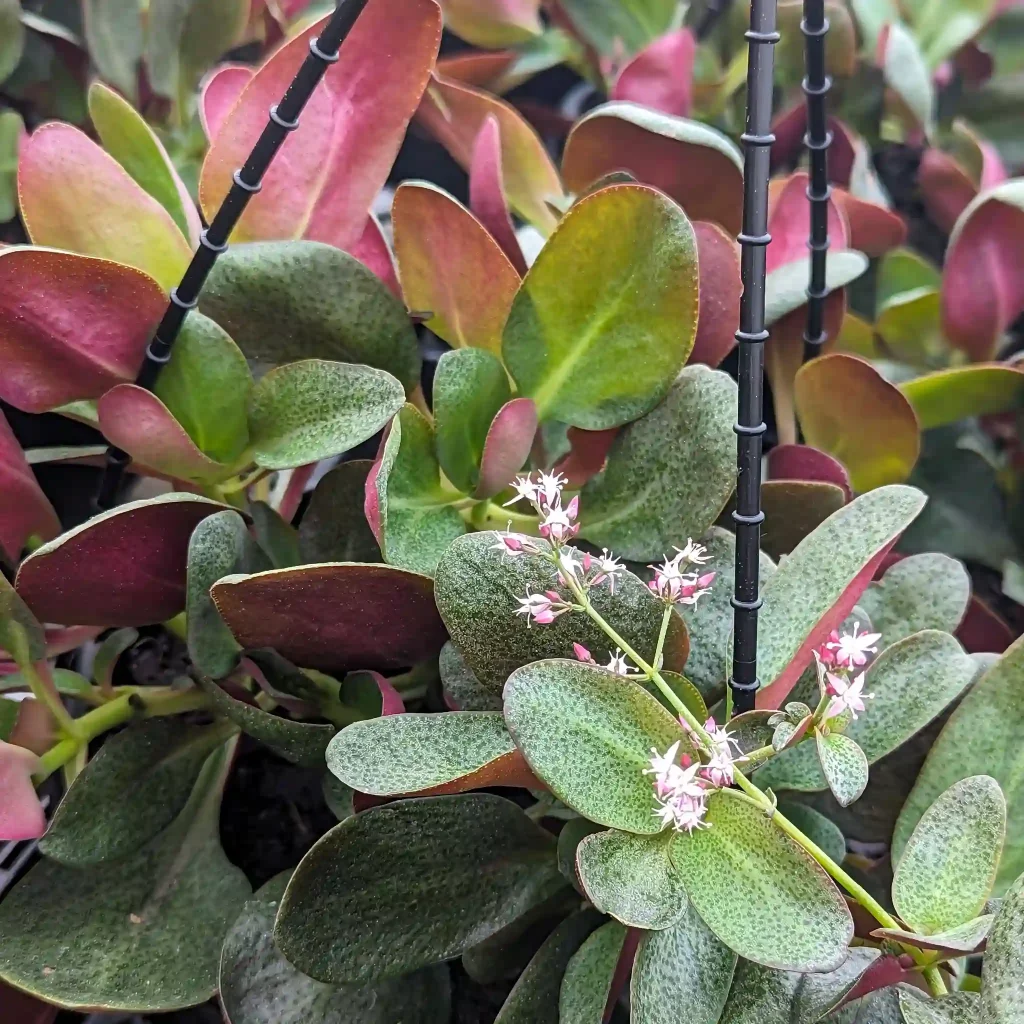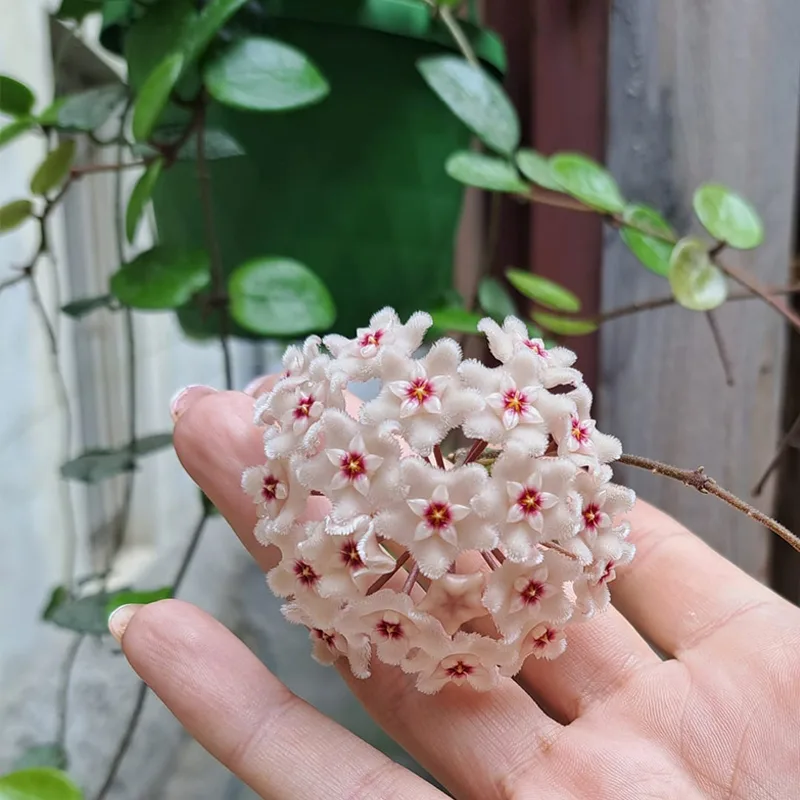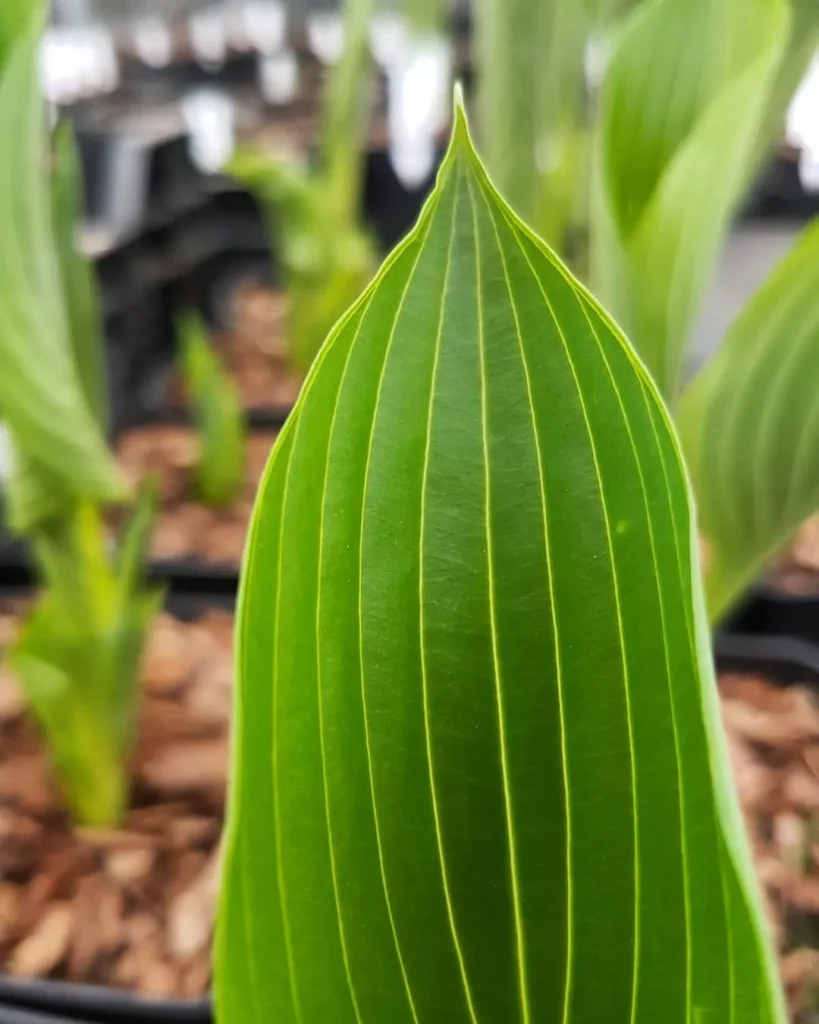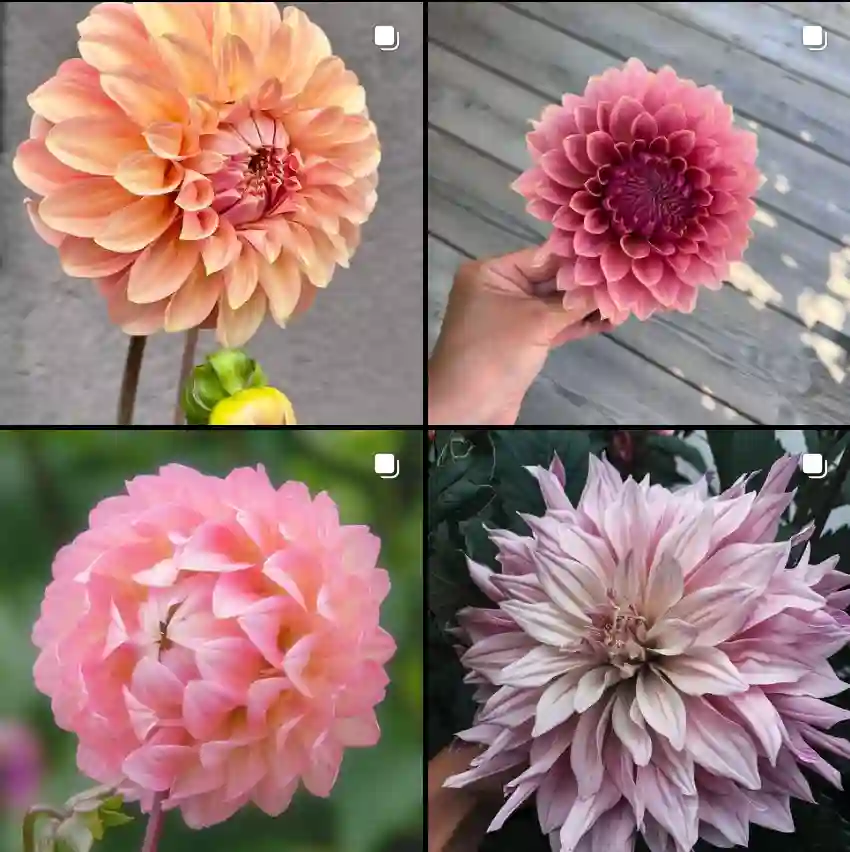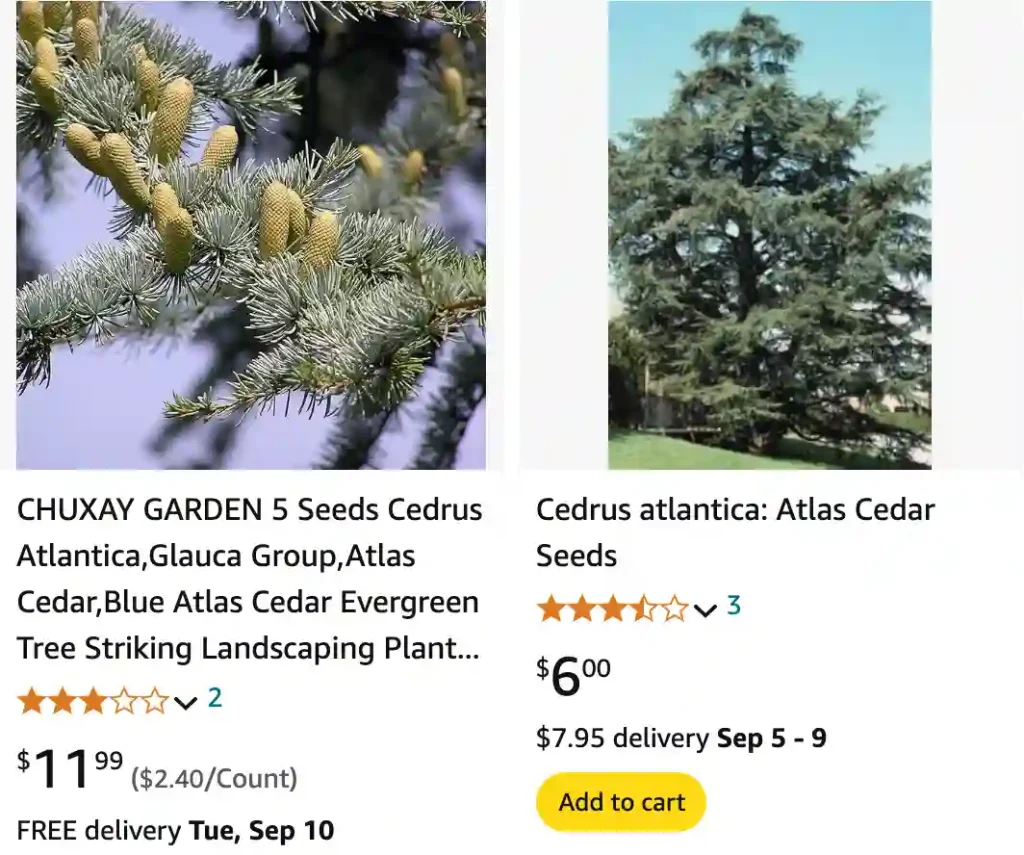
FAQs About Cedrus Atlantica
As someone who has delved into the world of Cedrus Atlantica, also known as the Atlas Cedar, I’ve encountered a range of questions about this fascinating tree. I’m here to share my knowledge and experiences, answering some common FAQs to help you understand this remarkable species better.
3 Species in Genus Cedrus
What is Cedrus Atlantica?
Cedrus Atlantica, commonly referred to as Atlas Cedar, is a species of cedar native to the Atlas Mountains of Morocco and Algeria. It’s renowned for its striking appearance, featuring dense foliage of bluish-green needles that create a distinctive and attractive look. The tree is valued for its timber, aromatic wood, and ornamental qualities.
Where is Cedrus Atlantica Grown?
Cedrus Atlantica is predominantly found in its native habitat within the Atlas Mountains of North Africa. However, it has been successfully cultivated in various parts of the world with similar climates, including parts of Europe, North America, and Australia. It prefers well-drained soil and a sunny location to thrive.
Can You Buy Cedrus Atlantica Boards?
Yes, you can buy Cedrus Atlantica boards. The wood of the Atlas Cedar is prized for its durability and aromatic properties, making it a popular choice for high-quality woodworking projects, including furniture and cabinetry. If you’re looking for Cedrus Atlantica boards, specialty lumber suppliers and some online retailers offer this product.
Does Cedrus Atlantica Kill Fleas?
Interestingly, Cedrus Atlantica has been noted for its natural insect-repelling properties. The essential oils from this tree are sometimes used in natural flea repellents, although it’s not a guaranteed solution for flea infestations. The wood itself can also help deter pests when used in furniture or storage areas.
Does Cedrus Atlantica Oil Contain Phenols?
Yes, Cedrus Atlantica oil contains phenols, which are compounds known for their antimicrobial and antiseptic properties. This makes the oil useful in various applications, including as a natural disinfectant and in aromatherapy. The presence of phenols also contributes to the oil’s distinctive fragrance.
Is Cedrus Atlantica Endangered?
Cedrus Atlantica is not currently classified as endangered, but it is considered vulnerable in some parts of its native range due to habitat loss and over-exploitation. Conservation efforts are in place to protect and sustain its populations, especially in its natural habitat in the Atlas Mountains.
How Many Needles Are Attached to Cedrus Atlantica Glauca Pendula?
Cedrus Atlantica Glauca Pendula, known for its weeping habit and bluish foliage, typically has clusters of 20 to 30 needles per fascicle. This variety is admired for its unique, cascading growth pattern and the striking blue color of its needles.
Is Cedrus Atlantica Wood Good for Scalp Psoriasis?
The aromatic wood of Cedrus Atlantica is known for its soothing properties, which can be beneficial for certain skin conditions. While it’s not a primary treatment for scalp psoriasis, the essential oil derived from the wood might offer some relief due to its anti-inflammatory and calming effects. However, it’s always best to consult with a healthcare professional for specific treatment recommendations.
Where to Buy Cedrus Atlantica?
You can find Cedrus Atlantica at various specialty nurseries, garden centers, and online retailers. For those interested in the wood or essential oil, specialty lumber suppliers and stores that focus on natural products are good places to look. Make sure to choose reputable sources to ensure you get genuine Cedrus Atlantica products.
Cedrus Atlantica vs Juniperus Virginiana
When comparing Cedrus Atlantica to Juniperus Virginiana, commonly known as Eastern Red Cedar, there are notable differences. Cedrus Atlantica has a more horizontal branching pattern and longer, softer needles, whereas Juniperus Virginiana has a more upright form with shorter, scale-like leaves. Both are valued for their aromatic wood, but Cedrus Atlantica generally has a more pronounced, pleasant fragrance.
Cedrus Atlantica vs Libani
Cedrus Atlantica and Cedrus Libani (Lebanon Cedar) are often compared due to their similar appearance. Cedrus Atlantica is known for its bluish-green needles and weeping branches, while Cedrus Libani has a more upright growth habit and darker green needles. The two species also differ in their native habitats, with Cedrus Libani being native to the eastern Mediterranean region.
How to Care for Cedrus Atlantica?
Caring for Cedrus Atlantica involves ensuring it has well-drained soil and ample sunlight. Regular watering is necessary, especially during dry periods, but avoid waterlogging. Pruning can help maintain its shape and remove any dead or damaged branches. Mulching around the base can help retain soil moisture and control weeds.
How to Propagate Cedrus Atlantica?
Propagating Cedrus Atlantica is typically done through seeds or cuttings. Seeds should be stratified before planting to improve germination rates. Cuttings should be taken from healthy, mature trees and treated with rooting hormone before planting in a well-draining medium. Patience is required, as propagation can be slow.
What to Plant with Cedrus Atlantica?
Cedrus Atlantica pairs well with a variety of companion plants, including ornamental grasses, flowering shrubs, and other conifers. Its bold foliage and structure can complement plants such as Japanese Maples, Rhododendrons, and Hostas, creating a diverse and visually appealing garden.
Can You Grow Cedrus Atlantica Indoors?
Growing Cedrus Atlantica indoors is challenging due to its size and specific light requirements. It’s best suited for outdoor environments where it has plenty of space to grow. However, smaller varieties or young trees might be adapted for large indoor spaces with sufficient light and humidity.
Is Cedrus Atlantica Toxic?
Cedrus Atlantica is generally considered non-toxic to humans and pets. However, as with any plant, it’s best to avoid ingestion of large quantities and monitor for any allergic reactions. If you have pets or small children, keeping the plant out of reach is a good precaution.
Benefits of Cedrus Atlantica
Cedrus Atlantica offers numerous benefits, including its ornamental value, aromatic wood, and natural insect-repelling properties. It’s used in landscaping for its striking appearance and in woodworking for its durability and pleasant fragrance. Additionally, the essential oil has therapeutic uses in aromatherapy.
Common Problems with Cedrus Atlantica
Common problems with Cedrus Atlantica include pest infestations, such as spider mites or scale insects, and diseases like root rot. Ensuring proper watering practices and maintaining good air circulation can help mitigate these issues. Regular inspections and prompt action can keep the tree healthy and thriving.
I hope this guide helps you better understand Cedrus Atlantica and addresses any questions you may have about this remarkable tree. Whether you’re interested in its wood, oil, or ornamental value, Cedrus Atlantica has a lot to offer.
If i die, water my plants!
